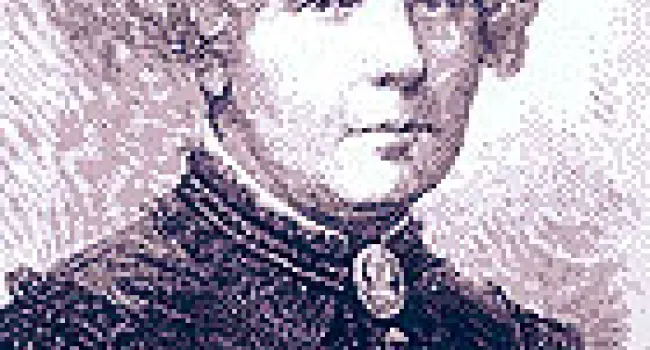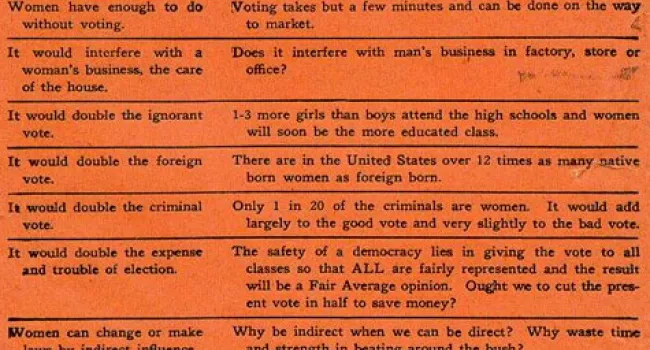
Susan B. Anthony's family owned a cotton mill and believed that hard work and education were very important to Susan's upbringing. Outside Susan's close Quaker community, many of these beliefs were not practiced. Women could not vote or run for political office, received limited educations, and had few job opportunities.
At the age of 15, Susan began teaching in New York. The school paid men several times what they paid women in the same job. After complaining about her wage, Susan had to leave the school. Although she found a better job, Susan's experience with inequality between men and women shaped her future goals.
Standards
- 5-4 The student will demonstrate an understanding of American economic challenges in the 1920s and 1930s and world conflict in the 1940s.
- 5.2.CX Contextualize the post-war economic climate on the cultural landscape throughout the United States and South Carolina.




